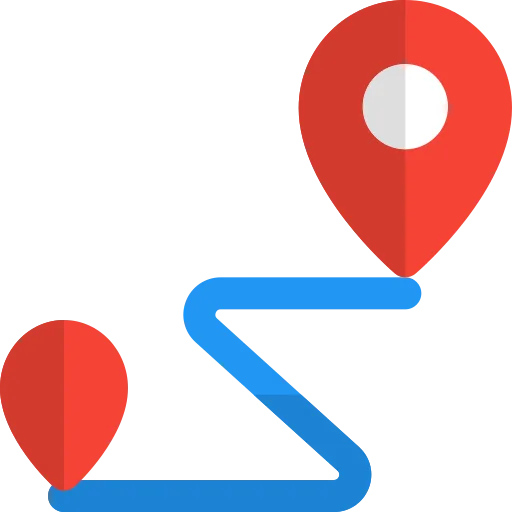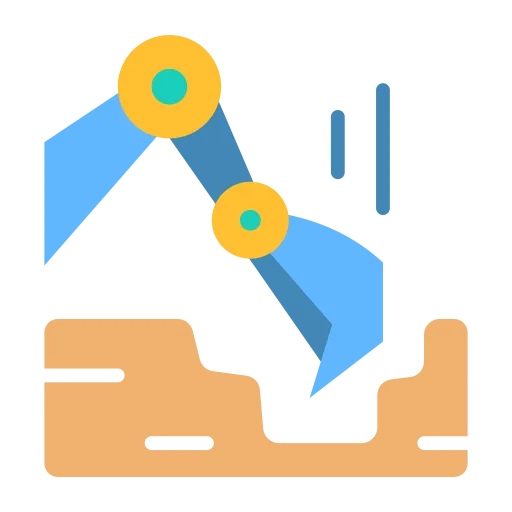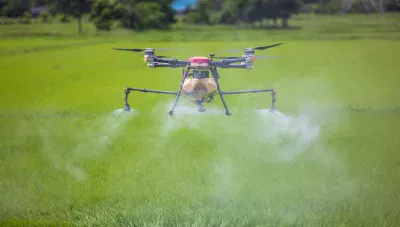Get A Quote
Complete the form below, and we'll connect with you shortly!
+91 82409 77034
In modern infrastructure, roads are more than just pathways—they are lifelines connecting people, places, and progress. Drone For Surveying meticulous planning and preparation are essential before a single stretch of asphalt is laid. This is where preliminary road design and map preparation take center stage, laying the foundation for efficient, safe, and sustainable roadways. Explore how Drones For Surveying revolutionizes preliminary road design and map preparation, setting the stage for roads that stand the test of time, terrain, and traffic. Ready to dive in? Let’s get started!
Complete the form below, and we'll connect with you shortly!
Preliminary road design and map preparation using LiDAR (Light Detection and Ranging) is a process that combines advanced laser scanning technology with geospatial mapping to streamline road planning and construction. LiDAR uses laser pulses to measure distances and generate highly accurate, three-dimensional topographical data of the terrain. This data helps engineers identify slopes, elevations, and potential obstacles, enabling optimal road alignment and design.
When integrated with Drones For Surveying, LiDAR further enhances efficiency by covering large areas quickly and with exceptional precision. The resulting detailed maps and models provide a foundation for assessing environmental impact, ensuring safety, and reducing project costs. This innovative approach is transforming how road infrastructure is designed and executed.
Complete the form below, and we'll connect with you shortly!
Experts use LiDAR surveys for preliminary road design and map preparation in various contexts, including:

Drones For Surveying is crucial to assess possible route alignments. This entails examining natural factors, terrain, and current infrastructure. The aim is to find the most practical routes.

Evaluating site conditions is essential. Assessing water bodies, vegetation, and slopes is part of this. These elements impact road construction and design.

For road building, estimating cut and fill quantities is crucial. This procedure allows for accurate cost estimations. Drone For Surveying helps with project planning as well.

Drones For Surveying is critical to include comprehensive details about natural characteristics. Researchers include habitats in this data. This process supports environmental assessments. Additionally, it guarantees adherence to legal mandates.

We must support initiatives related to urban planning. This entails combining land use and road design. Zoning and community development plans are also included.
The outputs from a LiDAR survey for preliminary road design typically include:
Models with high resolution depict the bare earth's surface. They are crucial to comprehending geography. These models aid in the analysis of drainage patterns as well.
We depict proposed road alignments visually. They take topographic factors into account. They also take the surroundings into account.
We show the surveyed region in three-dimensional representations. They support stakeholder interaction and presentations. Design proposals are easier to understand thanks to these renderings.
The illustrations depict road profiles and cross-sections in detail. They display grades and altitudes. Along the suggested route, the illustrations also show the necessary fills and cuts.
We calculate the amount of dirt needed for movement during construction. These calculations offer crucial information for budgeting. They also help allocate resources.
The documentation summarizes the survey technique. It contains the conclusions and suggestions for the design. Maps and other visual aids are frequently included in the material. These components improve clarity.
In conclusion, LiDAR provides a contemporary answer for early road design and map creation. It offers a productive technique that improves the planning procedure. Better decision-making results from this. Additionally, it enhances project results in the building of transportation infrastructure.

You can see how this popup was set up in our step-by-step guide: https://wppopupmaker.com/guides/auto-opening-announcement-popups/